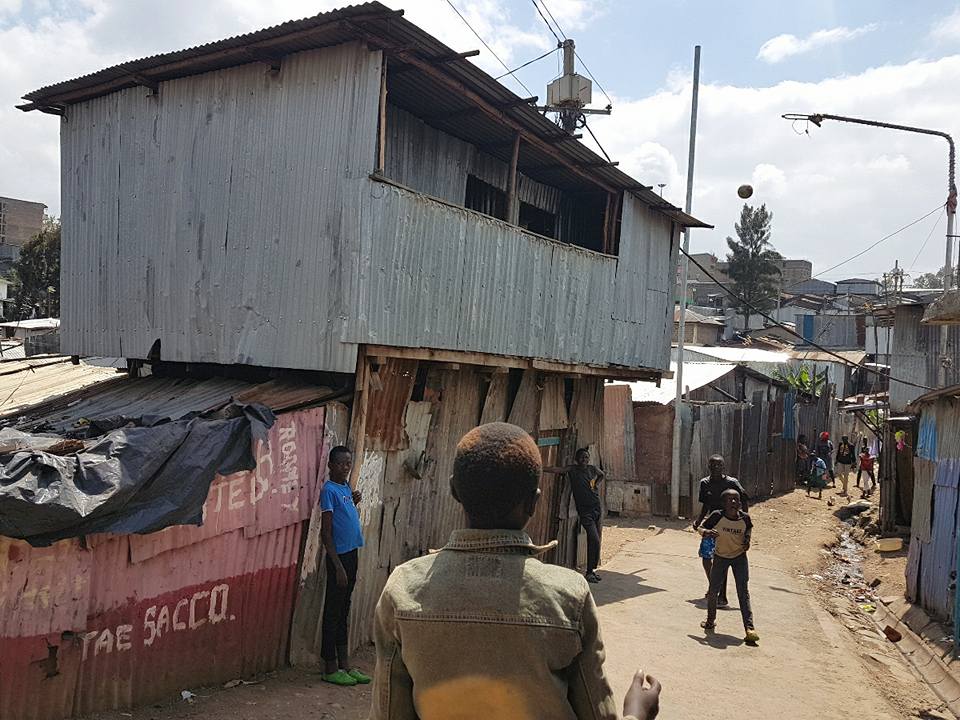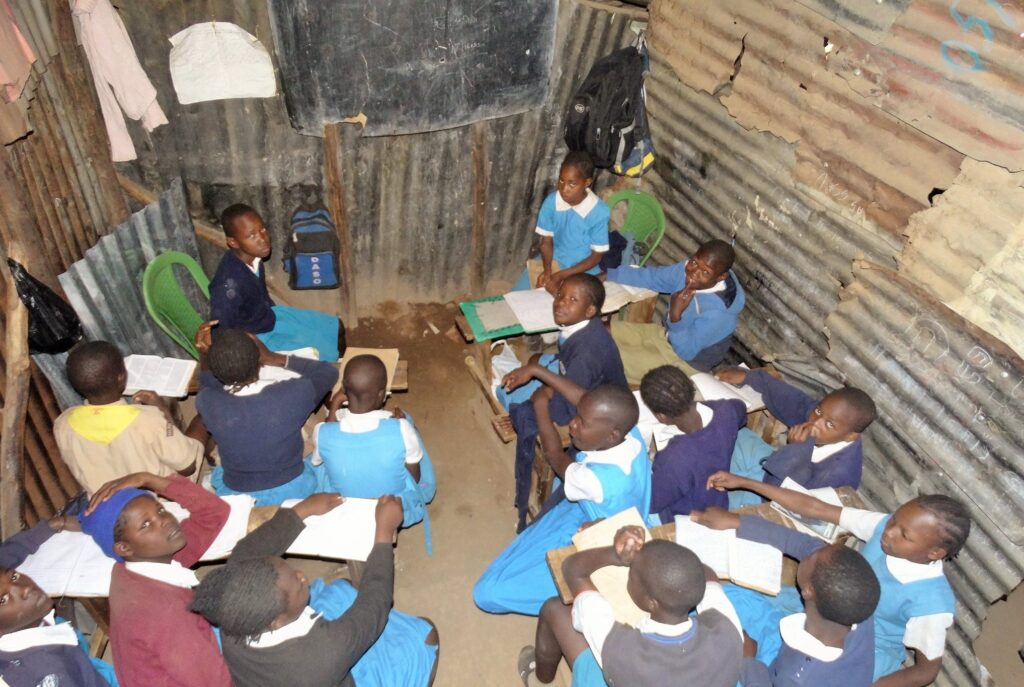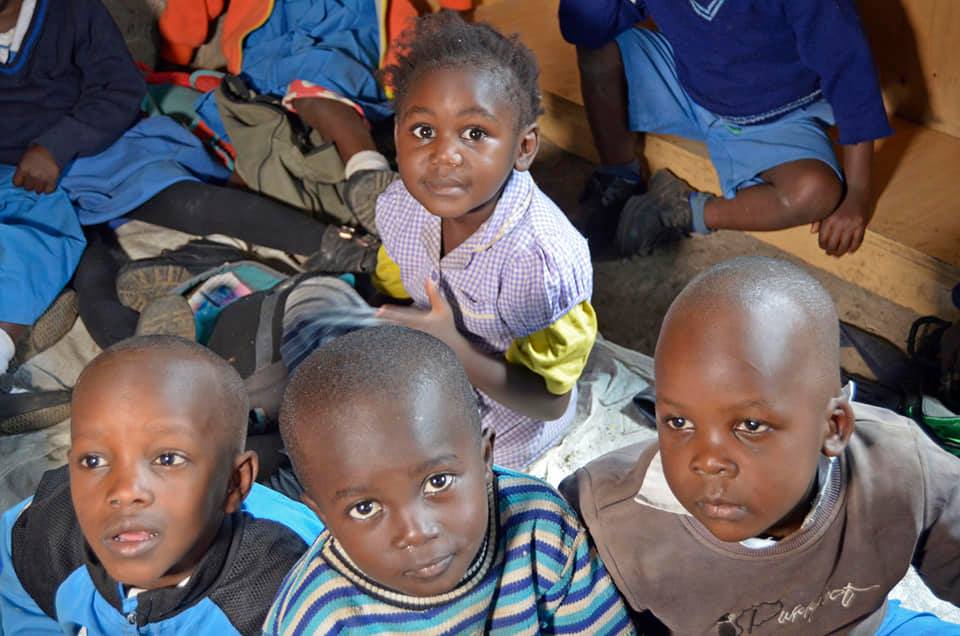Kenya, Mathare: Social distancing is a privilege of the middle and upper classes.
It will be impossible for the slum dwellers and the rural population of African countries to realize this new necessity, social distancing. For a few days now, thousands of slum dwellers who normally go to work for their daily wages have not dared to leave their family’s huts because governments have imposed curfews for a very understandable life-saving reason.



The situation is becoming more desperate for people every day. There is no running water and no hygienic toilets in the slums. Families have little to eat, they lack other basic essentials. These slum dwellers are casual workers and don’t get paid if they don’t go to work.
The Kenyan population is trying to comply with the 21-day national curfew. This is to prevent the spread of the coronavirus in the entire population. Social distancing is not only mandatory for the sick and the elderly, but for everyone, wherever they live. This is understandable when you consider the danger people are exposed to due to the rapid spread. People in Africa hear of the willingness of those countries in the West, in particular, that have highly developed good health systems. For African countries, however, this means that only the middle and upper classes can stay in their comfortable homes, jog in their green neighborhoods, survive from their plump refrigerators, and even work with modern technology from home.
The chaos that has developed in most African countries in the country and in the slums in recent days shows that social distancing is physically and economically impossible for many millions of people from lower classes. The accommodations in the densely populated slums are so crowded with people who can hardly move without their bodies constantly touching. There are only shared toilets and water points outside their homes, often far away. These people practically all live together under one roof. When someone gets sick, everyone is affected and infected. Although only a few cases of Covid 19 infections have been registered in large cities, the rest of the population is panicked. Many go back to their villages despite the government’s warning to restrict traffic. There is a curfew.
The most worrying thing about this novel virus is the proven evidence that infected people pass the virus on through feces, urine, or sweat. This increases the risk of transmission in communal toilets and in places where there is still an open defecation.
Another reason why slum dwellers cannot isolate themselves is very simple: they have to work. They are day laborers and usually live from “hand to mouth” and earn between 2 and 3 dollars a day.
The supply chains are also closed, so employment is lost, there is no money to buy the bare essentials. unlike the rich, they have never been able to afford to stock up. You shop every day, but now the shelves are empty.
The workers face a painful dilemma: if they go to work, they risk being infected, if they stay at home, they and their families suffer from extreme hunger. For those who still have work, there is no choice. And as far as cleaning agents are concerned, they are considered a basic service. But people from the slums collect hospital waste and then go back to their families in their narrow huts. You do not receive protective equipment such as masks or gloves. They also don’t know the dangers of transmitting corona viruses. And what will happen if they get sick?
Slum dwellers who cannot go to work tell us that they will die of hunger, not the coronavirus kills them.
Dan Amolo – for many years he lived in the slums in Nairobi as a social worker, he is a project manager
